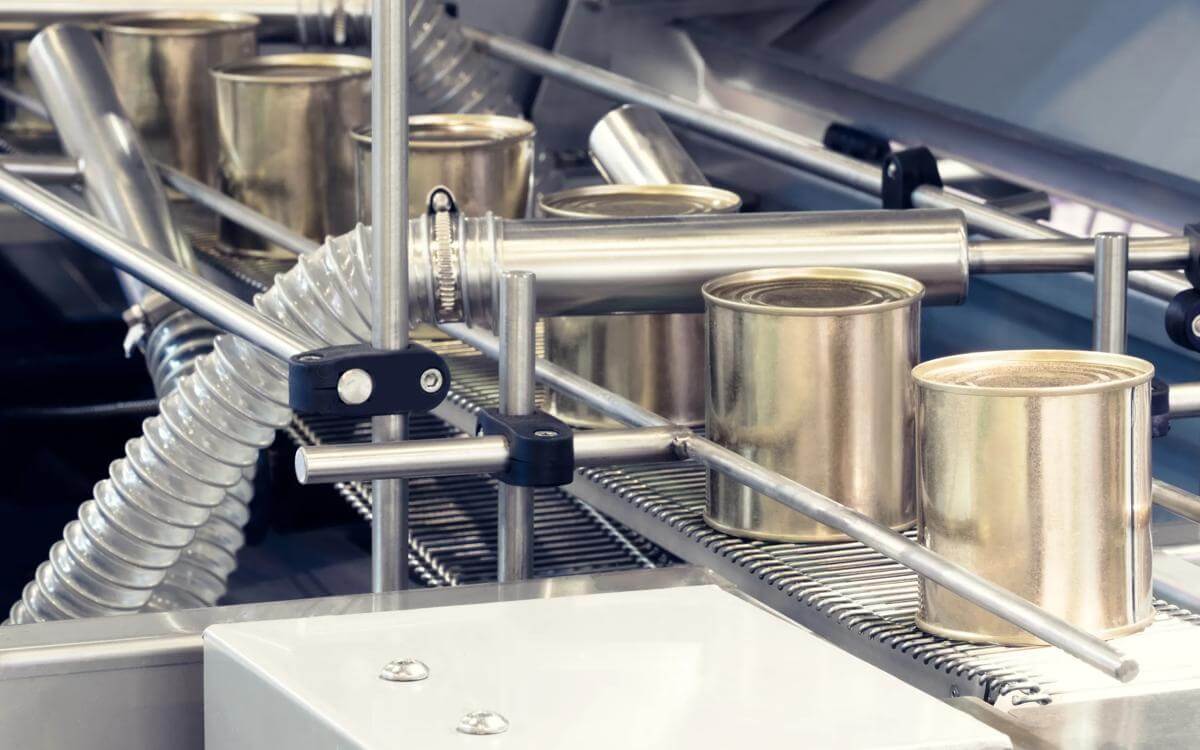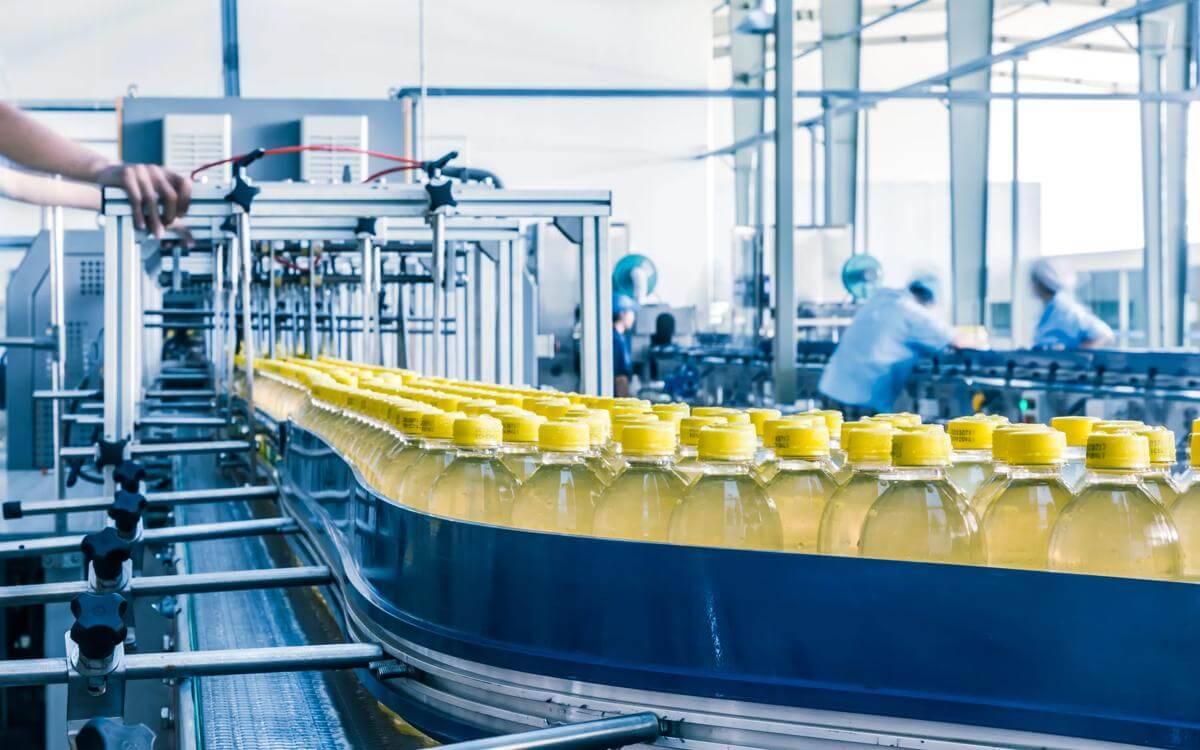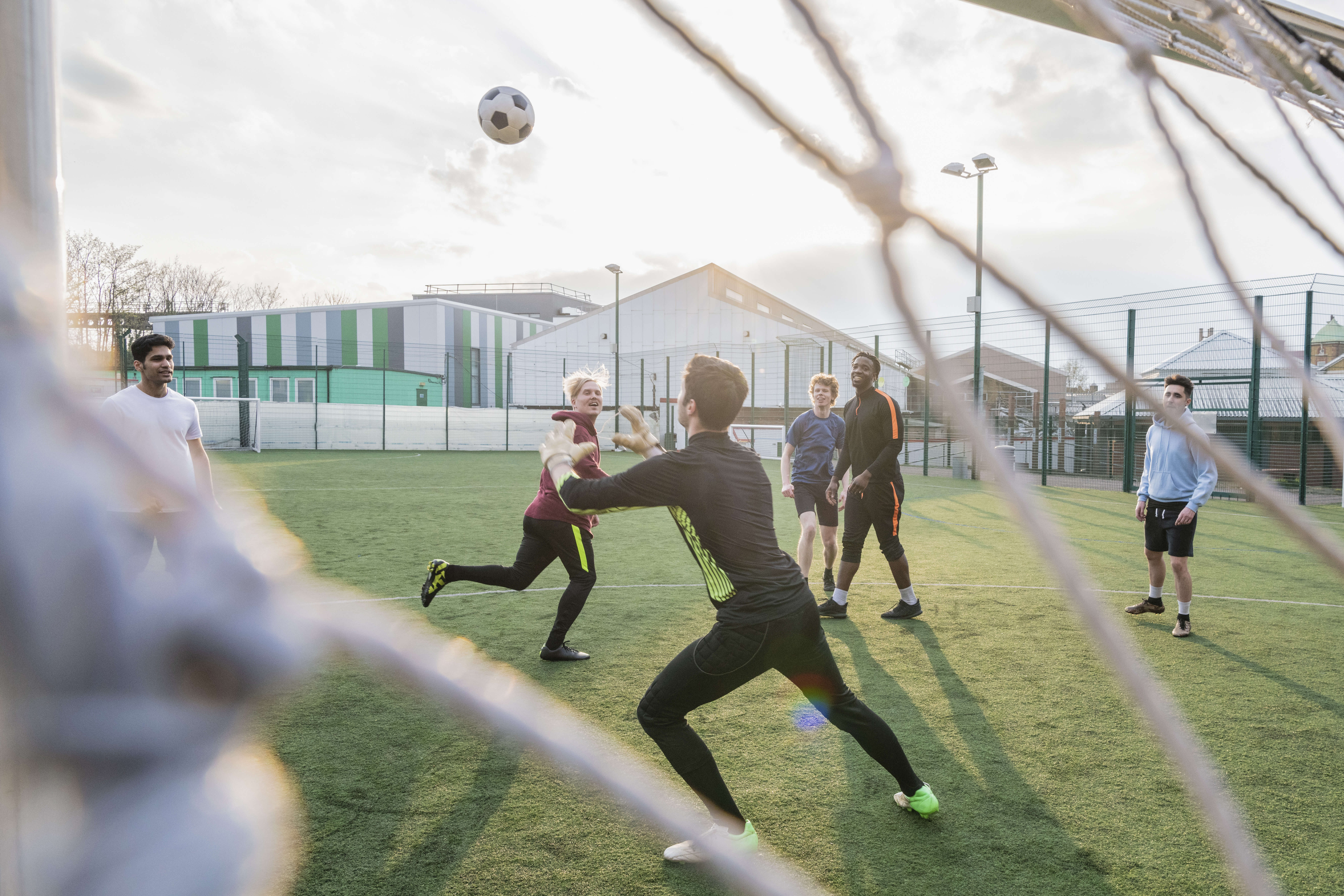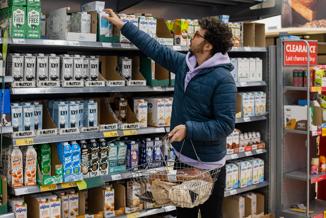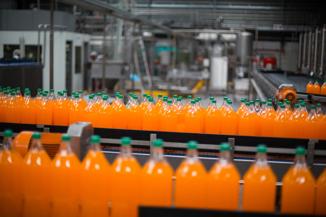The Irish government is currently considering the merits of the Public Health (Restriction on Sale of Stimulant Drinks to Children) Bill 2025 (the “Bill”), which aims to ban the sale of high-caffeinated drinks to individuals under 18 years of age.
In addition to the ban on energy drink sales to minors, the Bill, which is currently before the Oireachtas, also seeks to impose restrictions and limitations on the advertisement and marketing of such beverages, including seeking to impose the requirement that health warnings are placed on drinks’ labels.
The Bill was introduced to address growing concerns on the negative side effects that stimulant drinks can have on young people’s health, such as palpitations, sleep disruption, anxiety, and poor concentration. The consideration of this Bill reflects a growing trend across the EU where other similar restrictions have been introduced in certain countries.
Key measures of the proposed Bill
If passed, the proposed Bill seeks to implement the following measures:
1. Ban on stimulant drink sales to minors
The primary aim of the Bill is to prohibit retailers from selling “stimulant drinks” to anyone under the age of 18. Any such act will be recognised as a criminal offence unless the retailer can show they made “all reasonable efforts” to satisfy themselves that the person to whom they sold the drink, was over 18 years of age. Retailers will need to keep a watchful eye and implement measures to ensure compliance with the proposed Bill, once implemented into Irish law.
The Bill defines a “stimulant drink” as a non-alcoholic beverage containing more than 150mg of caffeine per litre and beverages with over 80mg of caffeine per litre where they are combined with named substances like taurine, which may stimulate the central nervous system. However, under the definition, stimulant drinks do not include tea or coffee.
The Bill also seeks to prohibit the sale of stimulant drinks by self-service checkout machines and vending machines. However, in its current form, the Bill allows stimulant drinks to be sold at self-service checkouts provided there is an age verification system in place, involving a member of staff. Appropriate protocols, similar to alcohol sales, will need to be in place when verifying the age of customers, and staff will need to be trained on how to comply with these standards.
It is worth noting that the Bill does not seek to impose restrictions on parents or guardians who will maintain the right to provide stimulant drinks to minors in their care or custody.
2. Marketing and advertising
The Bill also seeks to regulate the marketing and advertising measures taken in respect of stimulant drinks to ensure they do not primarily target persons under the age of 18 years.
The location of these advertisements will also be restricted. Advertisers will not be permitted to advertise stimulant drinks near schools, youth clubs or at other premises or events that children frequent, such as at concerts, sports venues, charity events, cinemas, etc.
The restrictions, in their current form, also seek to prohibit print advertisements in mediums intended for young people, such as magazines, comics and books. Advertising agencies and marketing firms will need to reevaluate their marketing strategies and ensure that any campaigns promoting energy drinks will not be targeted towards children and adolescents or appear in locations frequented by children and adolescents.
3. Warning signs on packaging and at points of sale
Under the Bill, warning labels on the packaging of stimulant drinks will be mandatory. Anyone who imports, sells, or supplies stimulant drinks without a warning label will commit an offence. The warning label is intended to inform the public of the potential health risks associated with excessive consumption or use of stimulant drinks. The format of this label has yet to be prescribed.
Interestingly, the Bill also seeks to impose an obligation on retail businesses, to ensure that warning signs are on their premises and/or websites to inform the public of the health risks associated with the excessive consumption or use of stimulant drinks. Similarly, owners and managers of websites and social media pages that promote the sale, use or consumption of energy drinks, must include warning signs on their sites.
4. Enforcement
The Bill seeks to empower the Health Service Executive (the “HSE”) to appoint officers to enforce the Bill once it is enacted. Inspections and supervised test purchases by minors are some of the acts which the authorised officers can carry out to drill down on compliance.
International approach
Ireland’s proposed legislation aligns with other EU countries that have taken a similar approach in banning stimulant drinks. In Lithuania, a ban on the sale of energy drinks to children was implemented in 2014. Similarly, Latvia also prohibited the sale of energy drinks to children in 2016. A ban on the sale of stimulant drinks to minors was introduced in Poland as recently as 2023. In the UK, a ban on energy drink sales to children is being considered but currently no legislation has been proposed.
Next steps
The Bill represents a practical step in Ireland’s broad public health policy agenda; it demonstrates a move towards taking preventative health measures with a focus on children’s health. It was first introduced to Seanad Éireann on 8 May 2025, and is currently at the Second Stage before the Seanad, where the general principles of the Bill will be debated. However, the Second Reading of the Bill has been deferred for 18 months to allow time for further research and examination into appropriate policy options.
Meanwhile, some retailers in Ireland have already begun to voluntarily adopt a ban on the sale of energy drinks to minors. Businesses that operate in the retail, advertisement, and beverage sectors should consider whether they want to proactively take similar steps in advance of the proposed legislation coming into force.
If you have any queries in relation to the matters outlined above, please feel free to contact us.
Related expertise
Authors
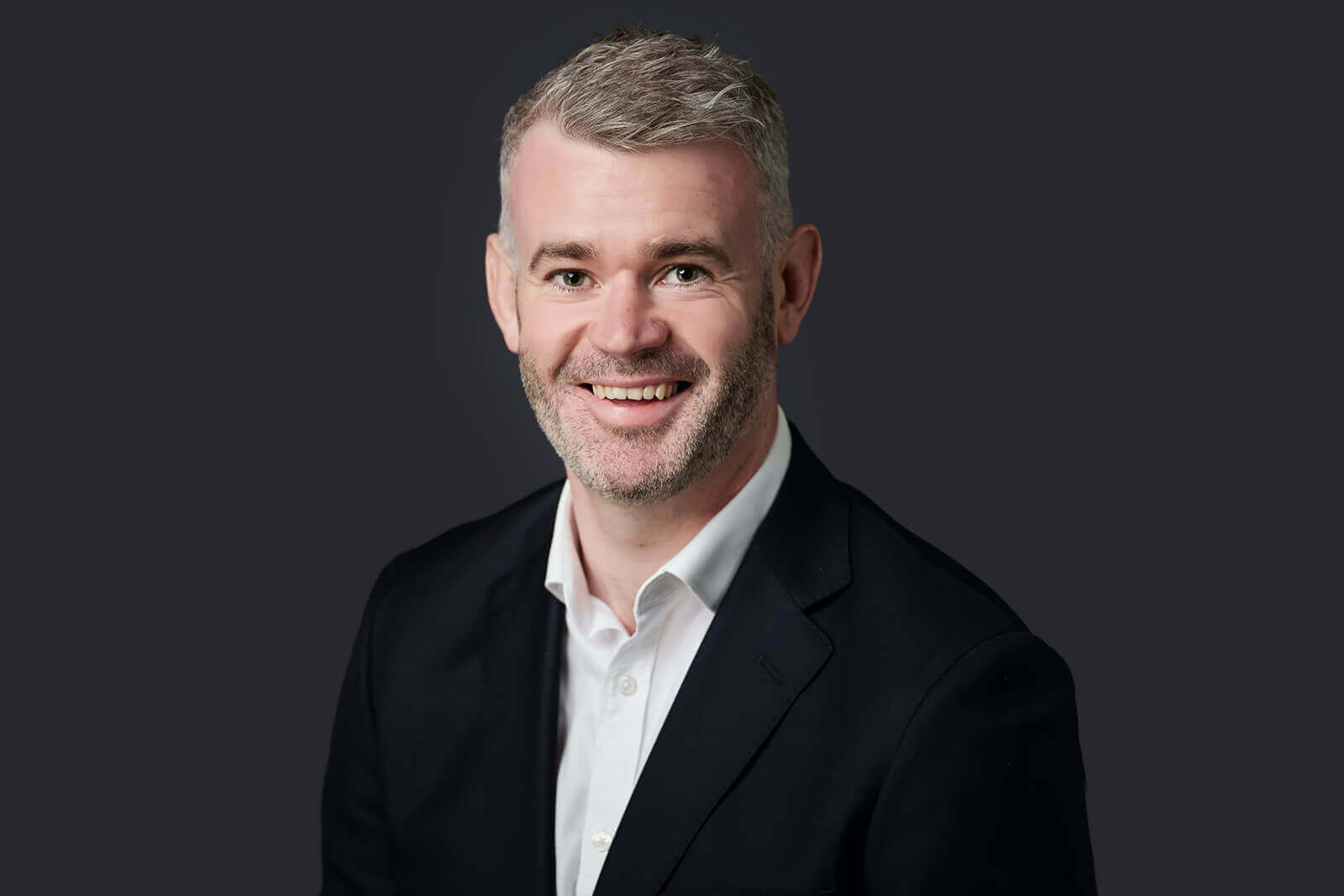
Darragh Killeen
Partner


















